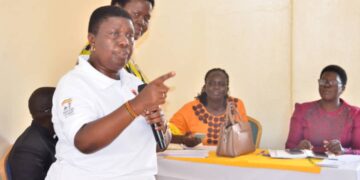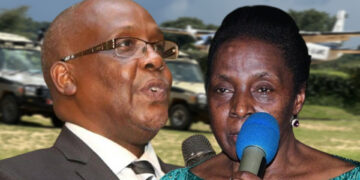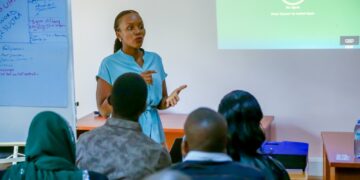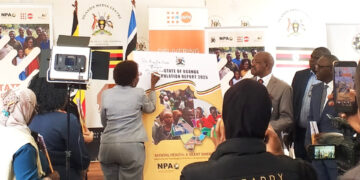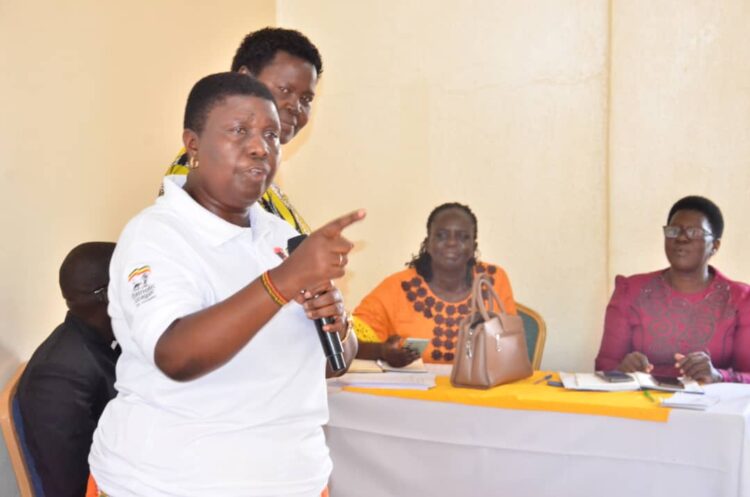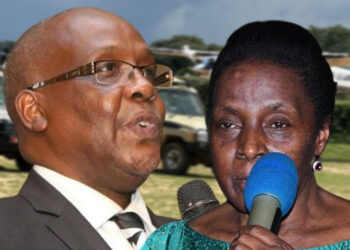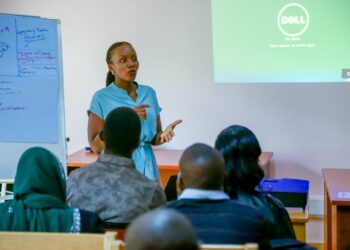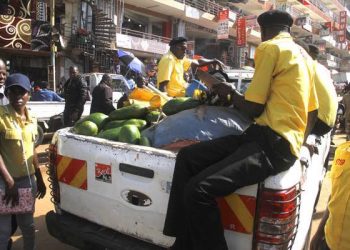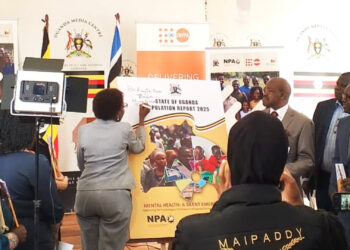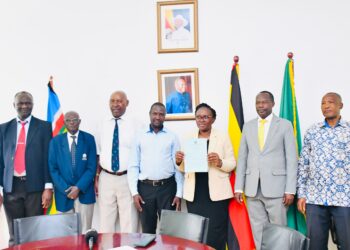LIRA
Senior government officials from the Office of the President have called on leaders in Lira District to embrace teamwork, accountability, and citizen engagement to enhance public service delivery.
The meeting, convened by Maj. Martha Asiimwe, Head of the RDC Secretariat and Anti-Corruption Unit (ACU), alongside her deputy, Dr. Str Akiror MaryGrace, brought together political, technical, religious, and civil society leaders to assess the effectiveness of government programs at the grassroots level.
Maj. Asiimwe emphasized the need for collective responsibility and praised Lira District’s leadership for maintaining security and stability.
“We operate directly under the Office of the President. Our work may seem political because it is anchored at the highest level of government, but at its core, our mission is to mobilize citizens for better livelihoods,” she noted.
She stressed the importance of unity among various leadership sectors, urging officials to work collaboratively and communicate clearly with the public.
Quoting Hosea 4:6, she underscored the role of knowledge and information in development:
“My people are destroyed for lack of knowledge. Delivering services without informing the people is like pouring water into a container that no one drinks from. Information is not a luxury, it is an essential part of service delivery.”
Lt. Col (Rtd) Ambako Kibrai, Senior Presidential Advisor on Mobilization attached to the RDC Secretariat/ACU, raised concerns over persistent surcharges in schools, which contradict government policy on free primary and secondary education.
“The government covers tuition, facilities, and learning materials. Parents are only expected to provide meals. Yet, we continue to see additional charges that burden families and undermine the spirit of Universal Primary and Secondary Education,” he said.
He also pointed out deficiencies in the Education Management Information System (EMIS), which records initial enrolments but fails to track students throughout their academic journey, leading to gaps in oversight.
On healthcare, Kibrai acknowledged government efforts in supplying medicines but lamented frequent stockouts in health centers.
“When medicines run out, health workers must communicate openly with patients. A lack of transparency only breeds frustration,” he cautioned.
He emphasized the need for grassroots mobilization to strengthen primary healthcare awareness and rebuild public trust in health services.
Dr. Akiror reminded attendees that the RDC Secretariat, established by President Museveni in 2018, was designed not only to combat corruption but also to monitor and improve service delivery.
“Today, we are focusing on service delivery rather than the anti-corruption mandate. Our people are yearning for services, and it is our duty as stewards to ensure that every resource sent by the government is used appropriately,” she stated.
She challenged public servants to be present, committed, and accountable to the citizens they serve.
“Some officers vanish from duty but expect salaries at the end of the month, for what service exactly?” she questioned. “If a patient dies because a doctor was absent, who is responsible for that life lost? These are the hard truths we must confront.”
The meeting concluded with a strong call to action for all stakeholders to set aside differences, refrain from politicizing challenges, and focus on practical solutions to improve service delivery for all Ugandans.
“How productive are you? What legacy are you leaving? Today, you are in office, but tomorrow you may not be. We must check ourselves, our productivity, our commitment, and our impact. That is why we are here, to awaken you for the benefit of our people and our country,” Maj. Asiimwe emphasized.
The session reinforced the need for a united effort among political, technical, and community leaders to ensure that government programs genuinely uplift citizens’ lives.
